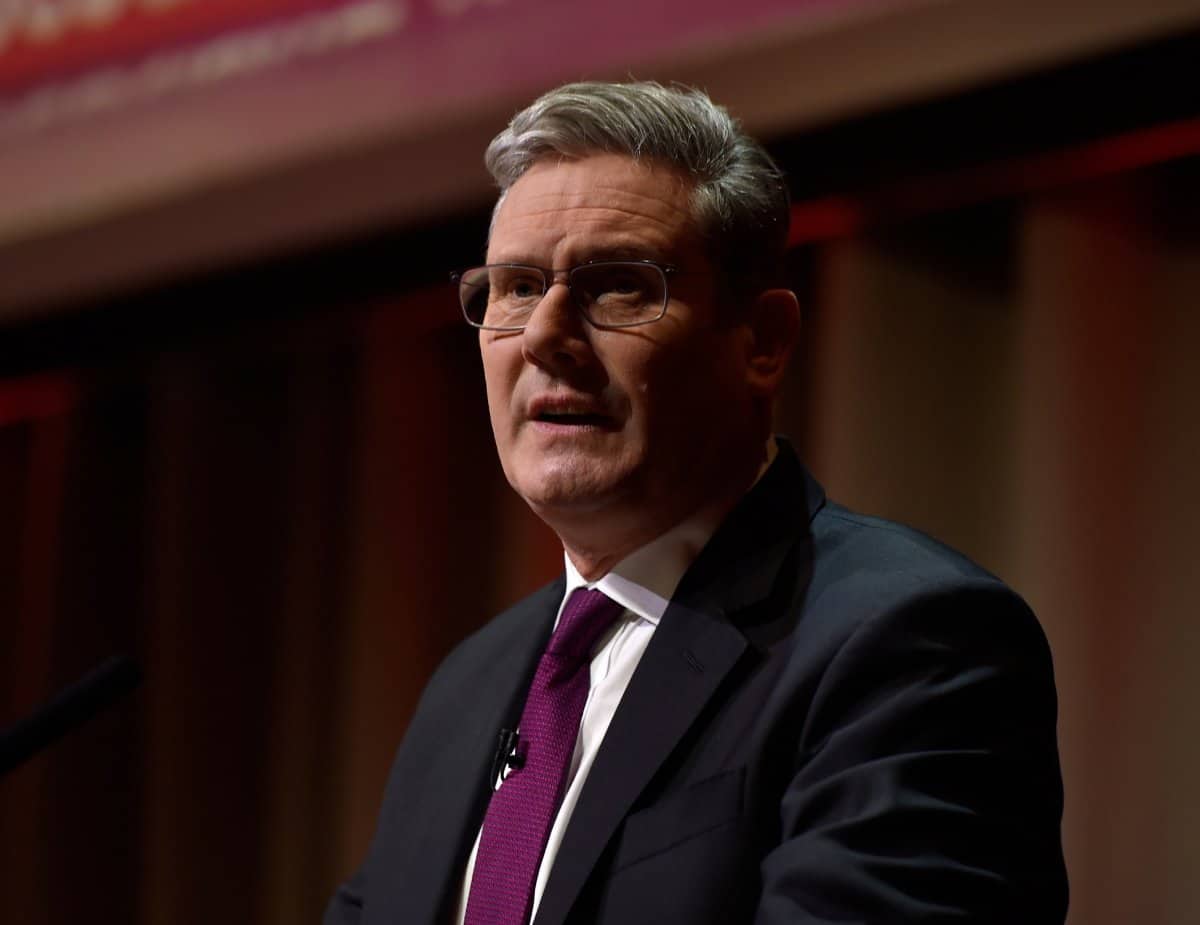A leading think tank criticises Labour and the Conservatives for avoiding tough fiscal decisions on tax and spending, leaving voters in the dark about the actual state of the UK’s public finances. Here’s the full story.
Scathing Critique Unleashed
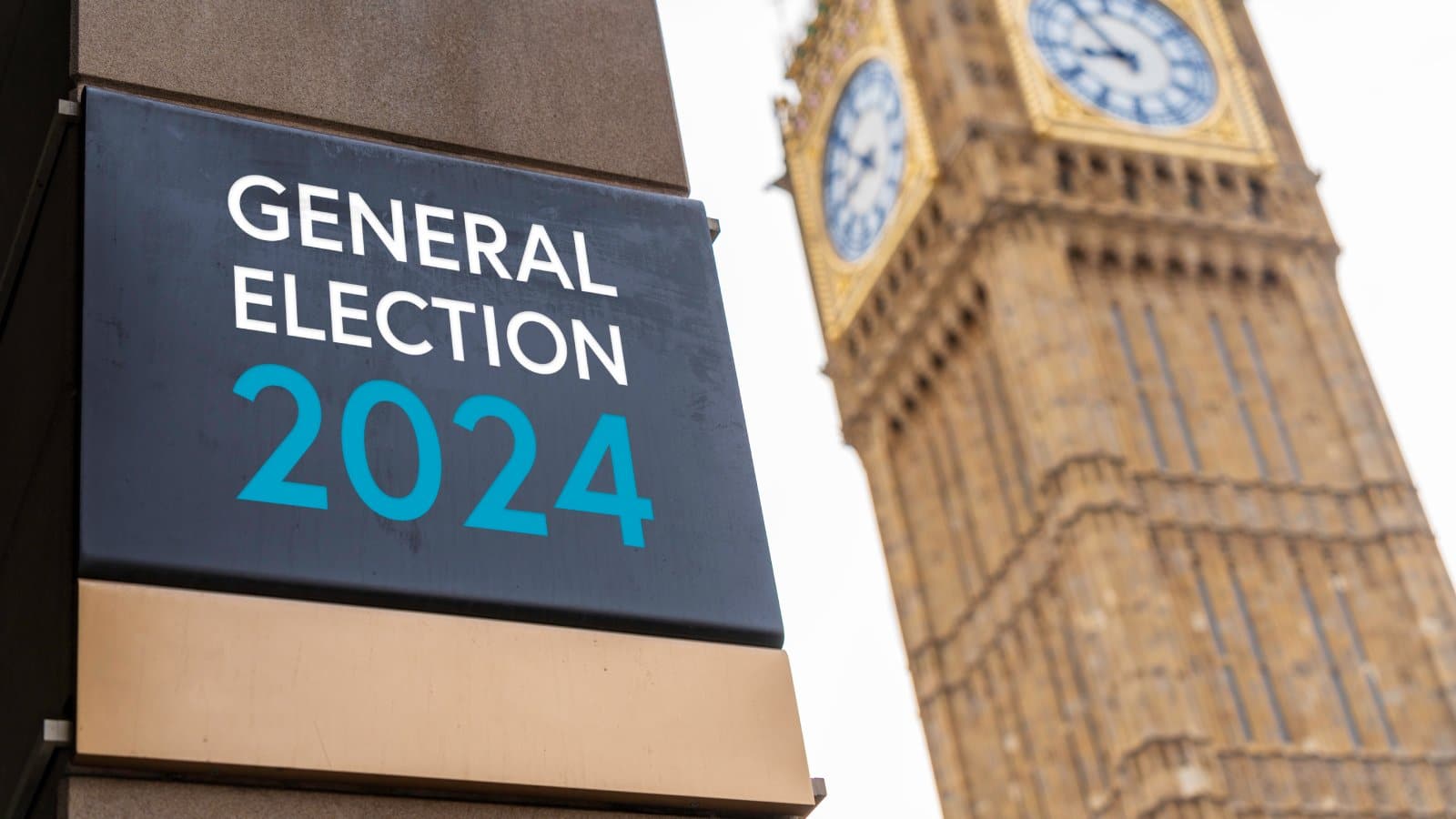
With the general election looming large on the horizon, the Institute for Fiscal Studies (IFS) has delivered a scathing critique of the major political parties’ manifestos. Labour and the Conservatives have been accused of avoiding the tough decisions on tax and spending necessary to address the nation’s fiscal challenges.
“Toxic Mix”

According to the IFS, the UK’s public finances are under immense pressure due to a “toxic mix” of low economic growth, the lingering effects of the COVID-19 pandemic, and the recent energy crisis.
Debt Levels Soaring

The think tank’s recent report states that the country faces its highest debt levels in over six decades, with taxes near record highs and public services on the brink of collapse.
Hard Choices Ahead

Paul Johnson, director of the IFS, was damning in his summary of the situation the country is in, stating, “The choices in front of us are hard. High taxes, high debt, struggling public services, make them so. Pressures from health, defence, welfare, ageing will not make them easier. That is not a reason to hide the choices or to duck them. Quite the reverse. Yet hidden and ducked they have been.”
Failure to Acknowledge Issues

He added that both parties “have singularly failed even to acknowledge some of the most important issues and choices to have faced us for a very long time. As the population ages these choices will become harder, not easier. We cannot wish them away,”
The Fiscal Trilemma

The IFS has described the fiscal situation as a “trilemma” where the next government must choose between three difficult options: raising taxes, cutting spending, or borrowing more.
Unfunded Promises
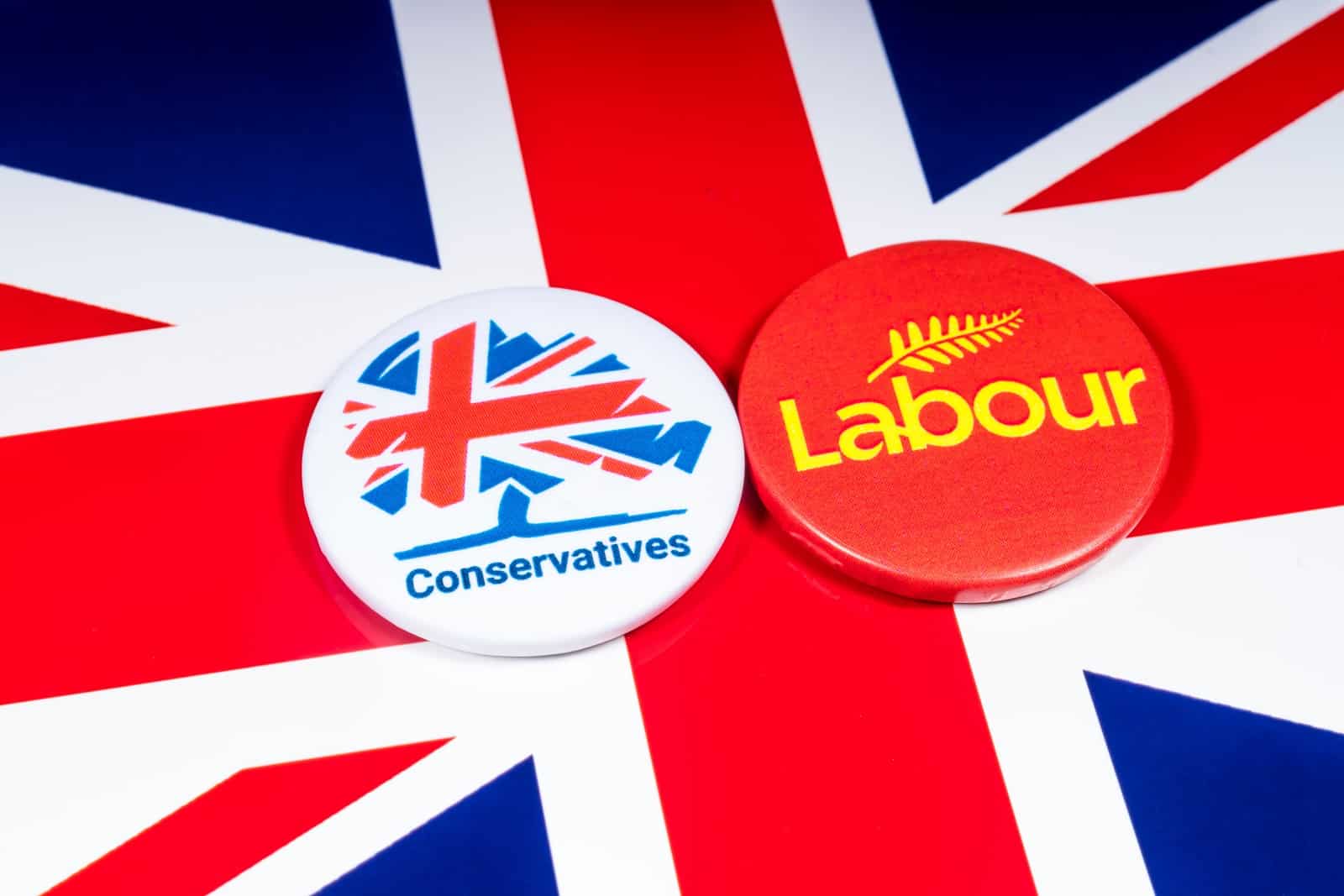
Labour and the Conservatives have been criticised for their reluctance to acknowledge the full extent of the fiscal challenges. Johnson pointed out that commitments to improve the National Health Service (NHS) and other public services are unfunded promises.
Tax Locks Criticised

Similarly, the concept of “tax locks”—manifesto commitments not to increase specific taxes or tax rates—has become a prominent feature in the manifestos of both parties. Johnson warned that these pledges are a mistake, as they constrain future policy decisions and limit the government’s ability to reform the tax system.
“Tax Lock Arms Race”
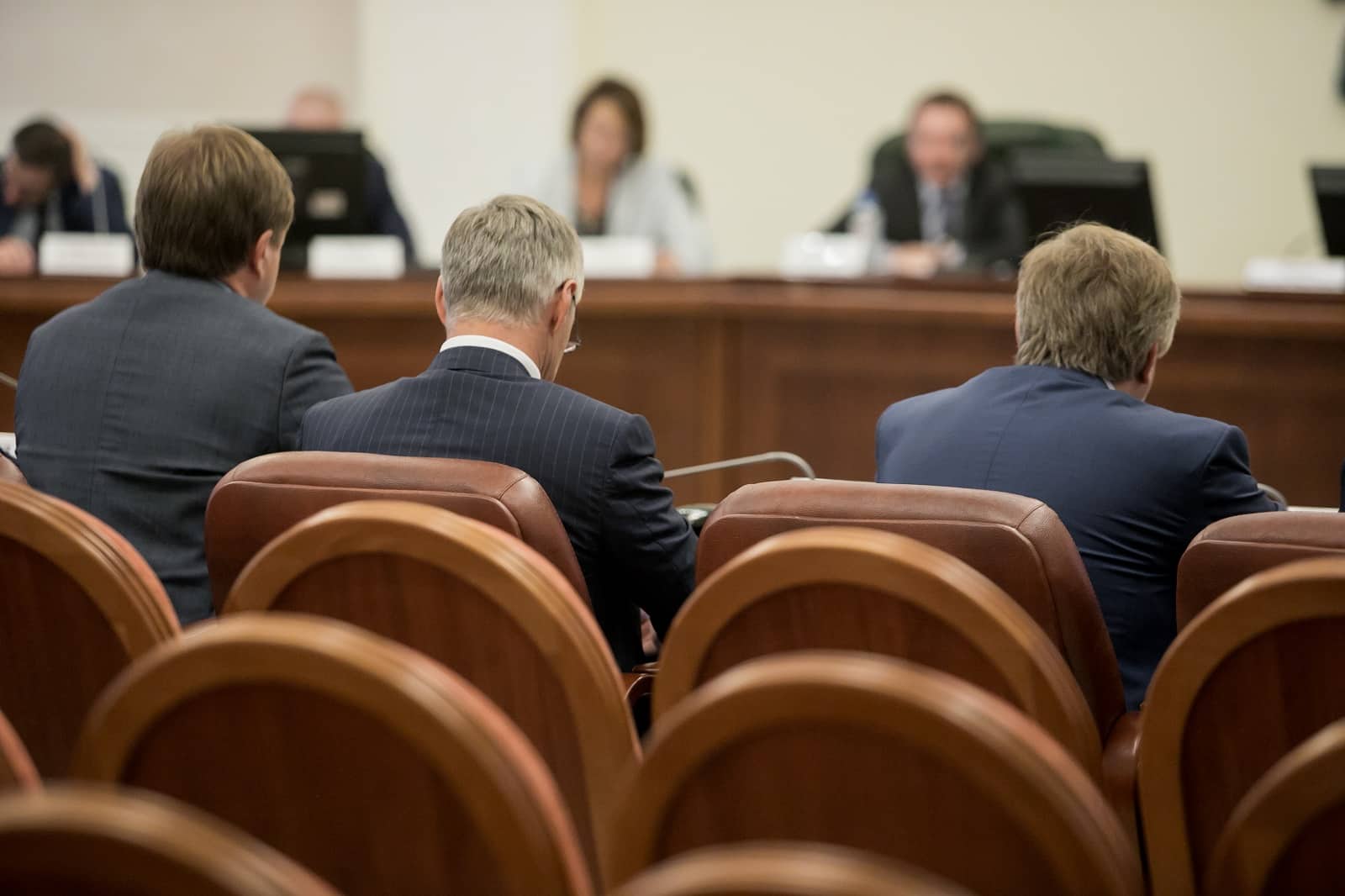
Describing the current situation as a “tax lock arms race,” Johnson added, “These tax locks are a mistake. They will constrain policy if a future government decides that it does in fact want to raise more money to fund public services. They also put serious constraints on tax reform – something which the Conservatives seem to have all but ruled out, and which is notable in the Labour manifesto by its absence.”
Transparency Issues

A significant part of the IFS’s criticism revolves around the lack of transparency regarding potential tax increases. Despite both major parties ruling out income tax, National Insurance, and VAT hikes, Johnson asserted that it would be a “considerable surprise” if no other taxes were increased over the next five years.
Sunak Responds
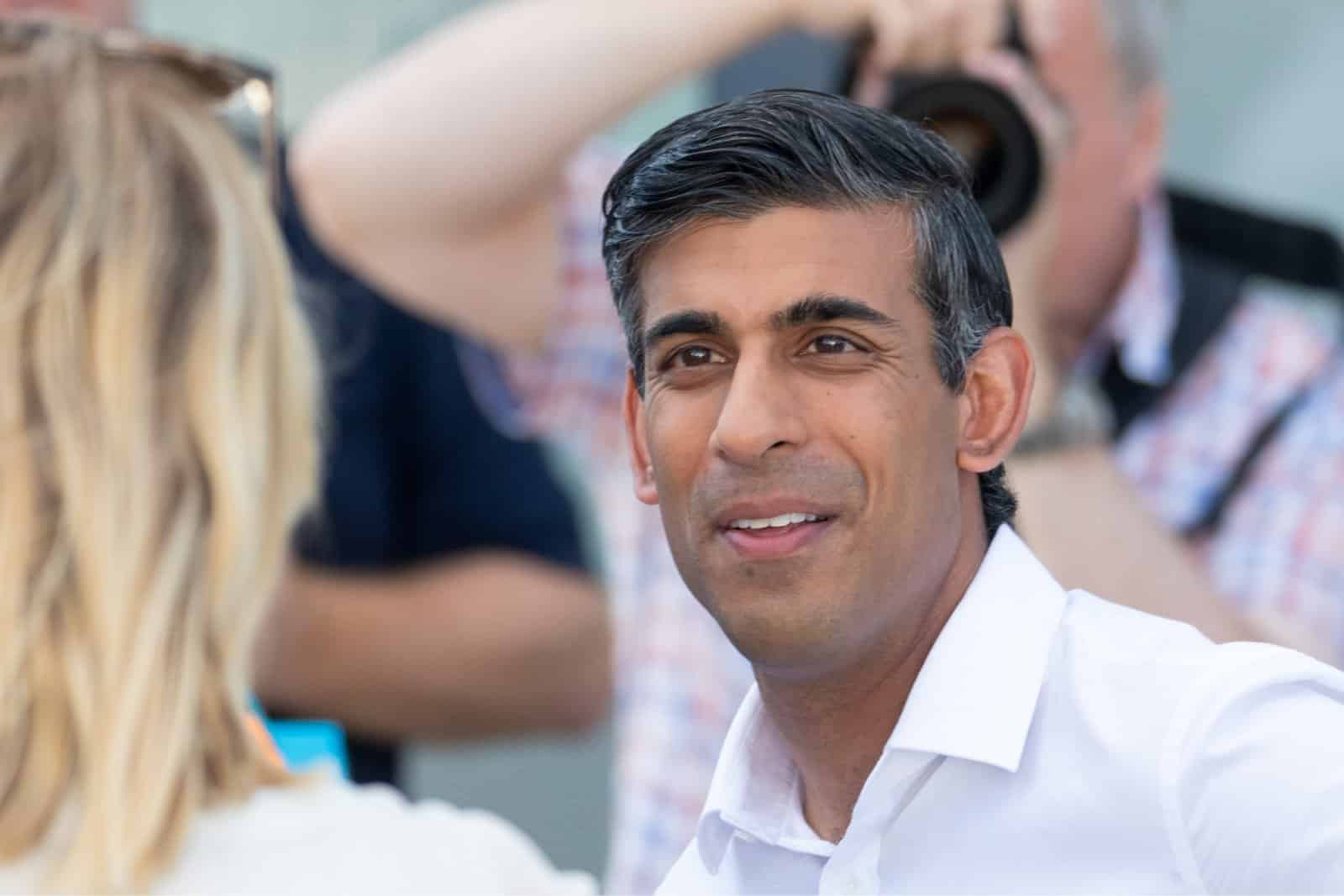
Regarding the IFS’s analysis, Prime Minister Rishi Sunak stated, “We have a fully costed manifesto which can deliver tax cuts for people at every stage in their lives. That is largely funded by making sure that we can find some savings in the growth of the welfare budget because it has been growing at unsustainable levels since the pandemic.”
Starmer’s Rebuttal
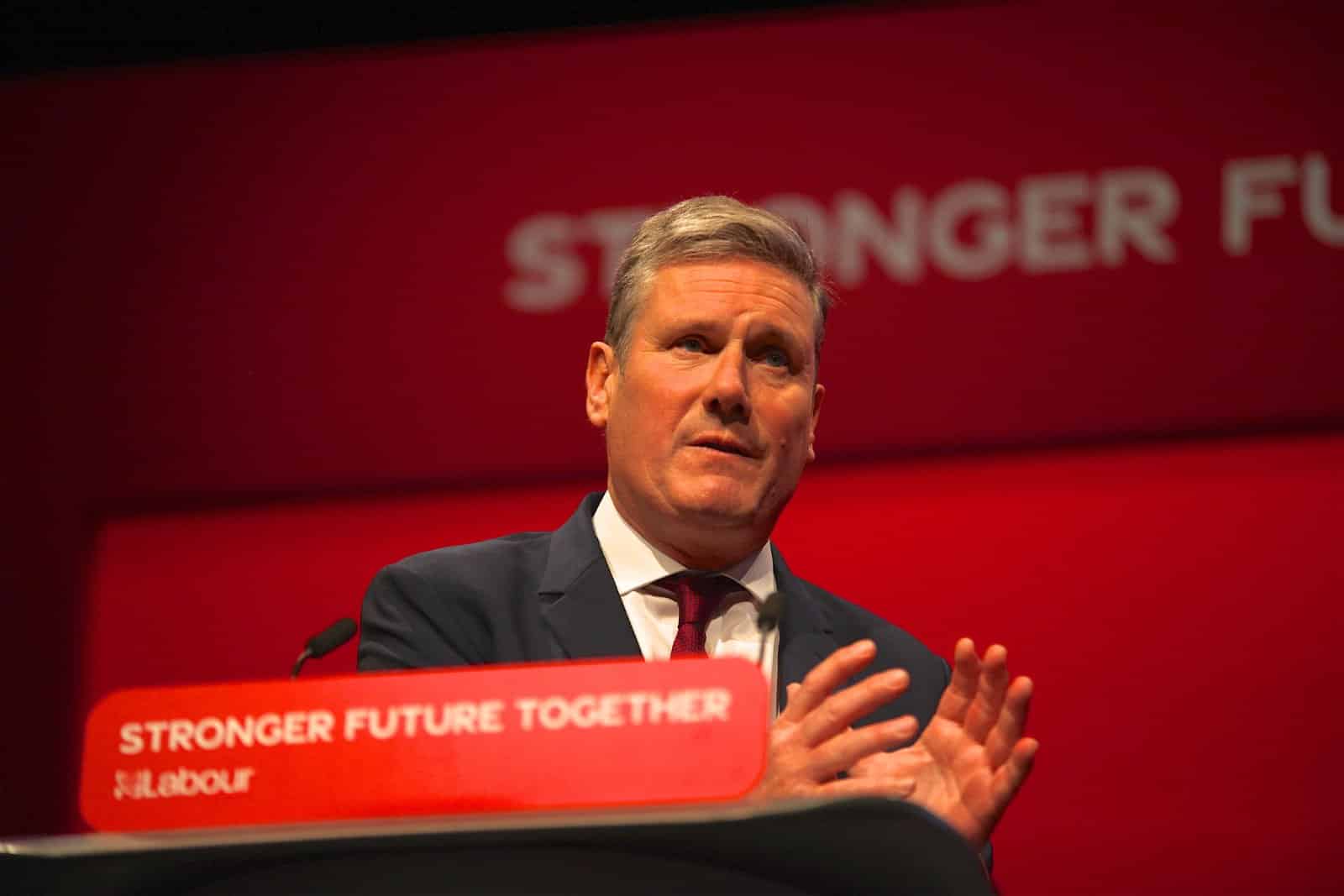
Labour leader Keir Starmer stated, “The economy has flatlined for 14 years and that is exactly what we are wanting to change and that’s why we have set out plans for growth in our manifesto.”
Liberal Democrats’ Stance
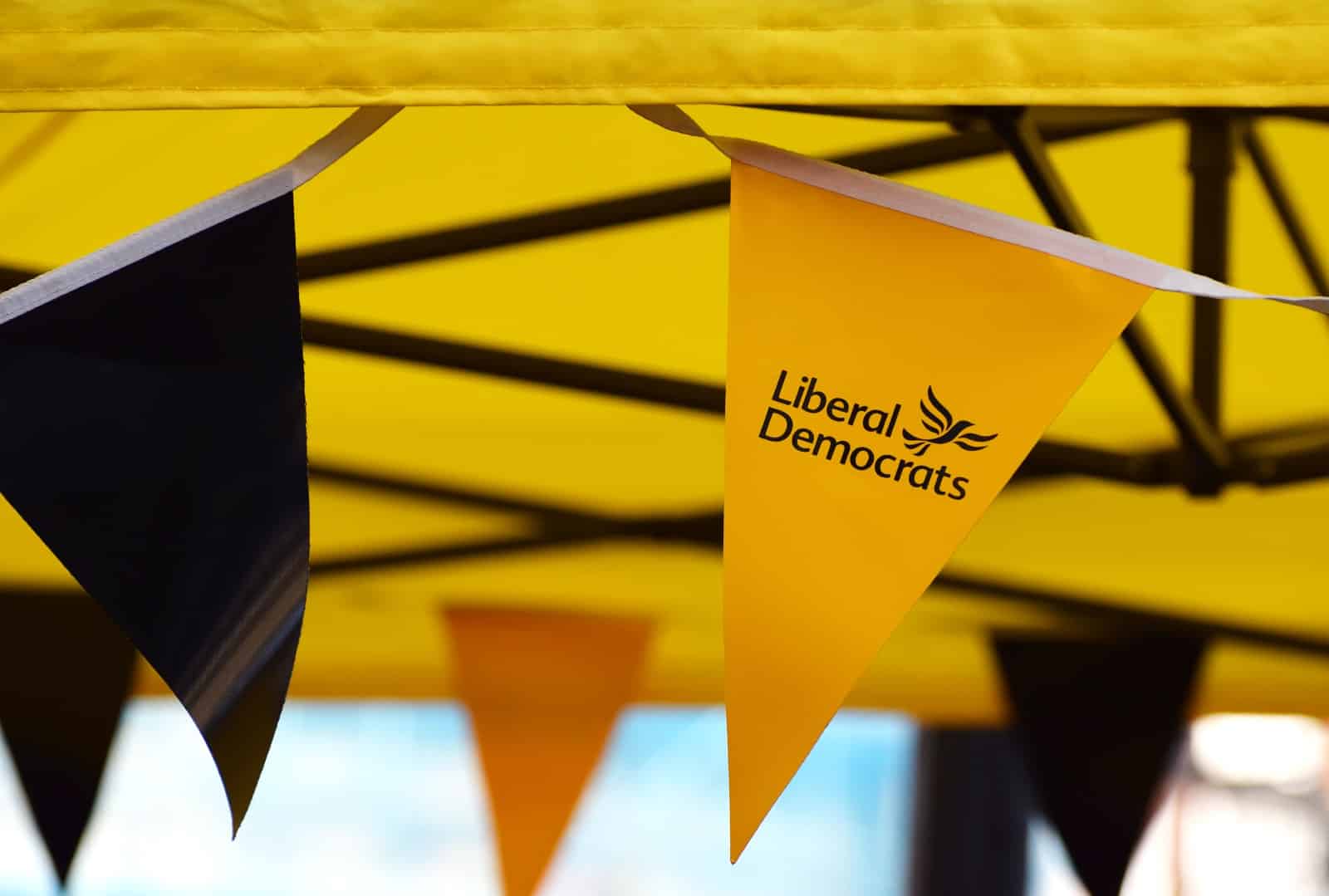
A Liberal Democrats spokesperson stated that their manifesto was “fully costed,” and, if implemented, would allow the party “to invest in our public services and rescue our NHS, funded by asking big banks and billionaires to pay their fair share.”
Smaller Parties Reviewed

The IFS also reviewed the manifestos of smaller parties such as the Green Party and Reform.
Smaller Parties Criticised
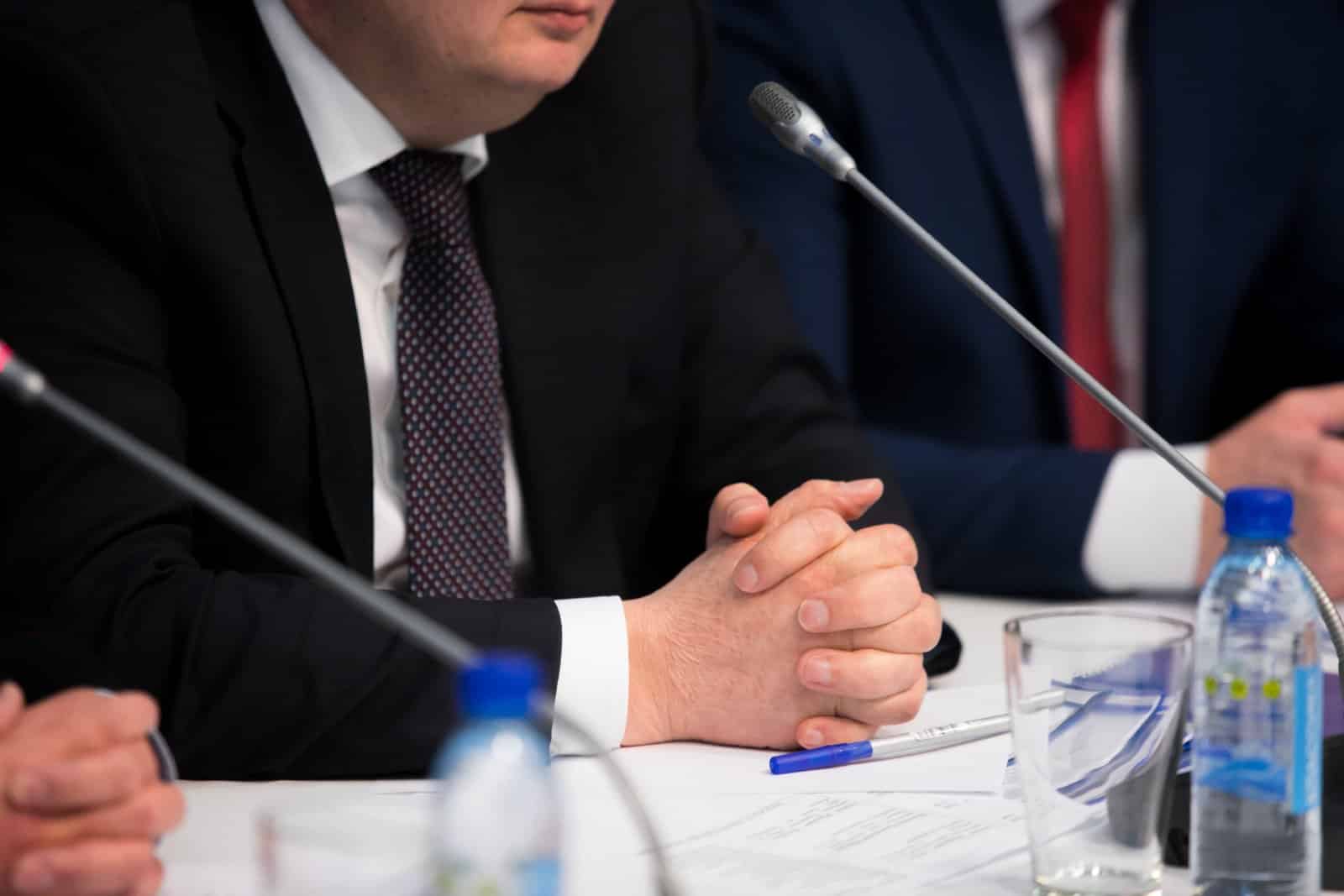
Johnson was critical of both smaller parties’ promises to spend eye-watering sums of money, arguing that “the way they suggest that they have radical ideas which can realistically make a positive difference, when in fact what they propose is wholly unattainable, helps to poison the entire political debate.”
Greens’ Response
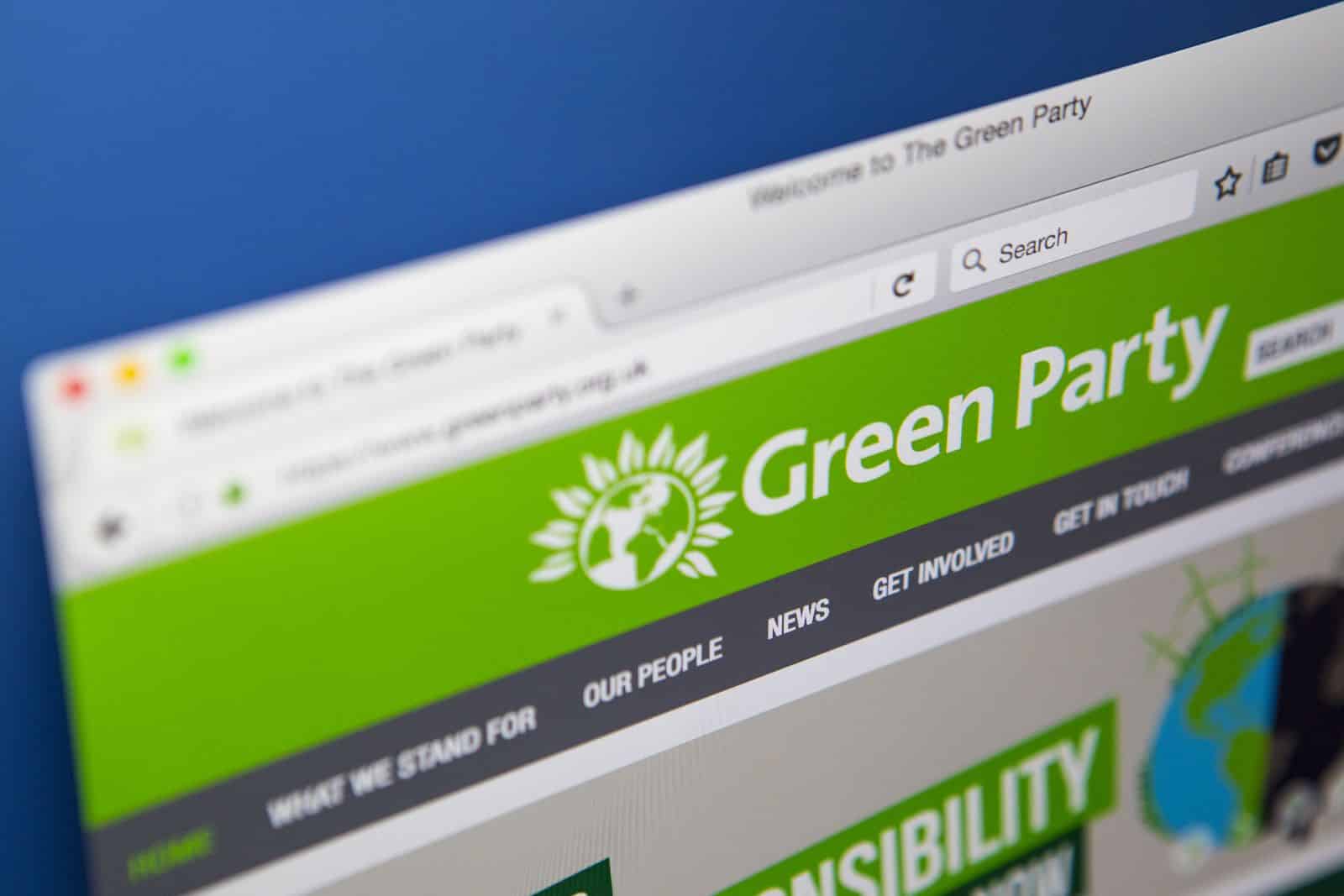
However, the Greens refuted this, arguing that they wanted Britain to operate more like a European country “where tax is much higher as a proportion of GDP and the government plays a stronger, more interventionist role in the economy.”
Honesty in Question

With the IFS’s most recent analysis, it is clear that none of the main parties are being entirely honest with the electorate concerning taxes in the run-up to the general election. However, criticisms have been made of the IFS, with economist John Weeks criticising the think tank for its laser focus on budget-balancing over social outcomes.
Balancing Budgets vs. Outcomes

Weeks argued that, though the IFS were experts in financial analysis, they could not tell “whether a policy is a good idea, only whether the numbers add up.”
Will Honesty Prevail?

As the election draws closer, it remains to be seen if any of the parties will own up to the electorate about the scale of the country’s problems.
10 Worst Places to Live in the UK Today

Here’s a look at the 10 worst places to live in the UK, based on statistical analysis and local sentiment, to help you understand the challenges residents may face in these areas. 10 Worst Places to Live in the UK Today
“We Will Never Come to Help You” – Trump’s Hurtful Words Raise Concerns About EU Firepower
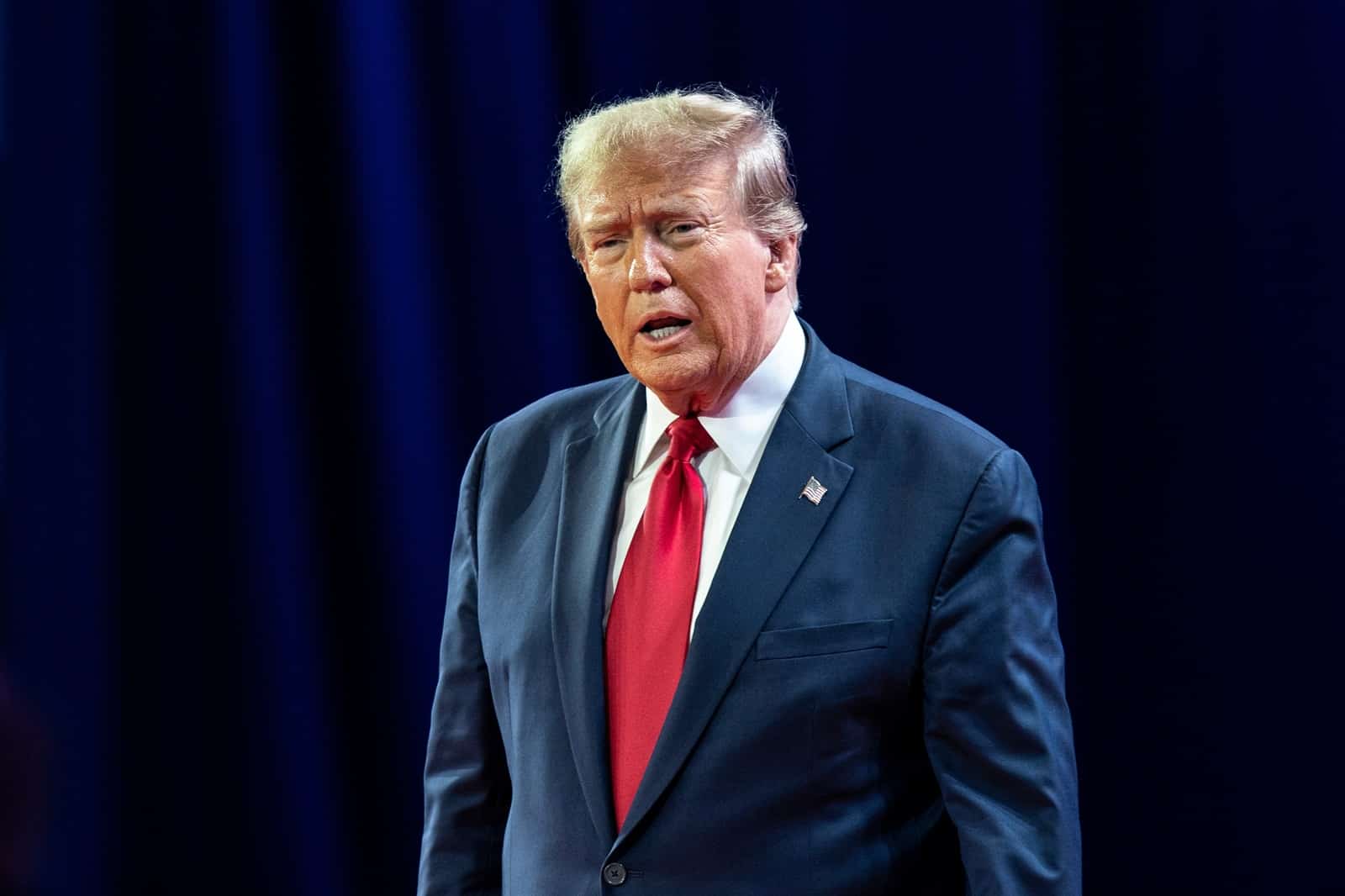
It was revealed in a conference in Brussels that former President Donald Trump said in 2020 that the US would “never help” Europe if it was attacked. Now, European nations are grouping to commit more firepower to combat Putin’s threat to democracy. “We Will Never Come to Help You” – Trump’s Hurtful Words Raise Concerns About EU Firepower
Brexit Fallout: 20 Ways the EU Is Falling Apart Without the UK
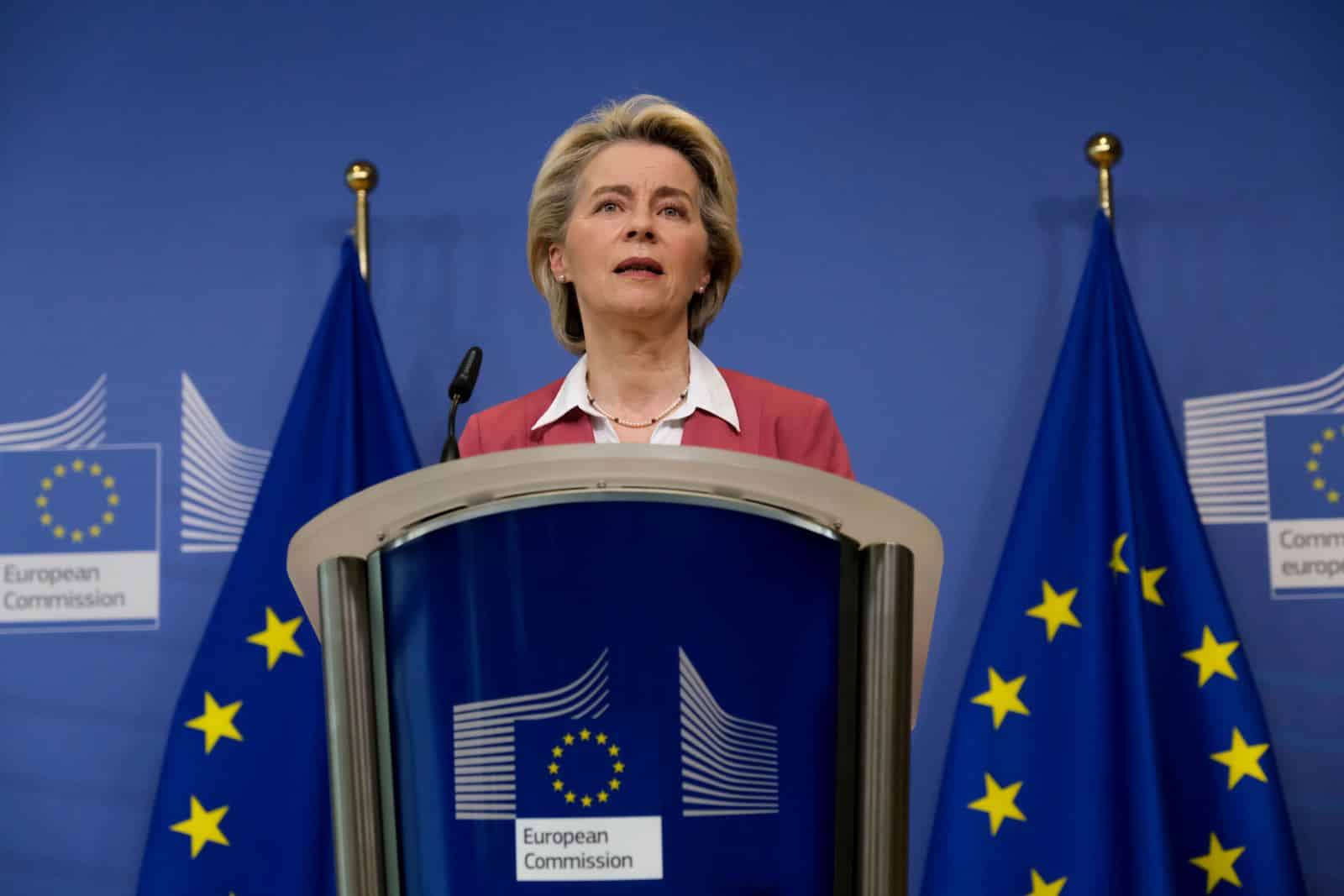
Since Brexit, the EU has been grappling with multiple crises and internal conflicts. Can the bloc hold itself together in these turbulent times? Brexit Fallout: 20 Ways the EU Is Falling Apart Without the UK
The post Leading Think Tank Accuses Tories and Labour of Ducking Hard Economic Choices first appeared on Edge Media.
Featured Image Credit: Shutterstock / SportPix.
Grant Gallacher is a seasoned writer with expertise in politics and impactful daily news. His work, deeply rooted in addressing issues that resonate with a wide audience, showcases an unwavering commitment to bringing forth the stories that matter. He is also known for satirical writing and stand up comedy.

